National Suicide Prevention Plan, a National Imperative.
Sonsoles Rivera
Spain fails to fulfill a commitment it has engaged with. Its inconsistency in the implementation of public policies reflects neglect of its responsibilities towards its citizens.
Spain fails to fulfill a commitment it has engaged with.
In 1996, the WHO decided that the prevention of violence against oneself and others should be a priority in public health (Resolution WHA49.25). In a broader subsequent initiative called SUPRE (SUicide PREvention), it was classified for the first time in the history of the United Nations as an absolute priority, alongside malaria and tobacco consumption (De Leo et al., 2001).
The state authority holds the utmost information on violence caused and self-inflicted. This data monopoly and its inadequate response through the implementation of policies in the face of such violence could be considered responsible for crimes against humanity. Commitment to the lives of individuals and addressing the complex suffering that leads to an exacerbation of suicidal behaviors is not something that can be resolved with a three-digit helpline, such as the number 024.
In the Master's dissertation on International Development Cooperation: 'Is Suicide Prevention a Global Imperative?' I present a documentary review of both international and state law, where this obligation is documented.
Resolution 70/1: The 2030 Agenda for Sustainable Development
Universal Declaration of Human Rights
International Covenant on Economic, Social and Cultural Rights
Convention on the Rights of Persons with Disabilities
WHO Constitution
Alma-Ata Declaration
Declaration on the Right to Development
Article 10 of the Constitution
Legal concepts related to healthcare
European Convention on Human Rights
Organic Law 8/2021, on comprehensive protection for children and adolescents against violence, which amends Organic Law 10/1995 of the Penal Code.
II Human Rights Plan 2023-2027
Commitment to promoting a comprehensive approach to mental health during the Spanish Presidency in the European Council
World Mental Health Day 2022: Making Mental Health and Well-being for All a Global Priority
WHO and EU Human Rights-based Models ImpleMental.
Current Development Cooperation policies, following the Agenda 2030 and based on Human Rights, have the objective and aim of reducing suicide rates by 1/3, through Indicator 3.4.2. However, this priority faces epistemic injustice, even within human rights and development policies.
By considering human rights, a comprehensive approach to addressing the needs of individuals is promoted, with the aim of protecting their rights and, as a result, improving their living conditions.
For further reading:
FIIAPP. (2021, octubre 25). Cooperación con enfoque basado en Derechos Humanos. FIIAPP. https://www.fiiapp.org/noticias/cooperacion-con-enfoque-basado-en-derechos-humanos/
Franklin, J. C., Ribeiro, J. D., Fox, K. R., Bentley, K. H., Kleiman, E. M., Huang, X., Musacchio, K. M., Jaroszewski, A. C., Chang, B. P., & Nock, M. K. (2017). Risk factors for suicidal thoughts and behaviors: A meta-analysis of 50 years of research. Psychological Bulletin, 143(2), 187-232. https://doi.org/10.1037/bul0000084


